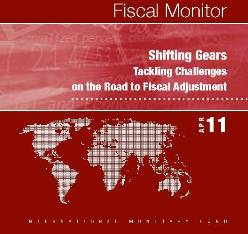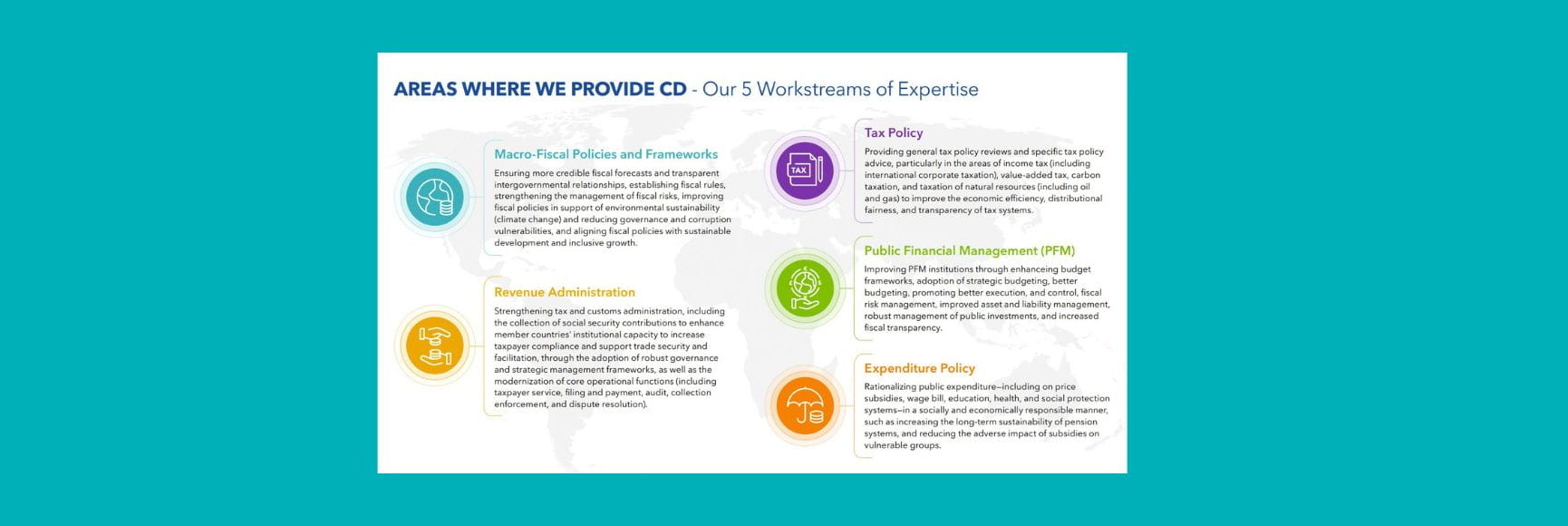Posted by Manmohan Kumar

The new issue of the IMF Fiscal Monitor—the Fund’s flagship fiscal publication—is available today. The report finds that fiscal sustainability risks remain elevated, as progress in some regions has been offset by delays in fiscal consolidation in others.
The Monitor emphasizes that for advanced economies, steady annual progress, starting now, toward bringing debt ratios to prudent levels in the medium term is essential. Emerging economies should use revenues associated with current favorable conditions to rebuild fiscal space rather than to increase spending in the near term. Both groups should make progress on structural reforms to enhance growth and equity, and strengthen fiscal transparency and institutions.
Most advanced economies are reducing fiscal deficits this year. But the United States has put adjustment on hold, and fiscal adjustment had been postponed in Japan relative to the pace envisaged in the November Fiscal Monitor, even before the recent earthquake, which will involve additional fiscal costs. Debt ratios are still rising in most advanced economies, with the average general government gross debt to GDP ratio projected to breach the 100 percent threshold for the first time since the aftermath of World War II. Financing needs are also at historical highs. Although market conditions are now favorable for most advanced economies, markets have in the past reacted late and abruptly to deteriorating fiscal conditions.
The Monitor suggests that the fiscal outlook for emerging economies is more favorable, but this reflects in part the tailwinds of high asset and commodity prices, low interest rates, and strong capital inflows; their reversal could leave fiscal positions exposed in many cases. Moreover, some of these economies may be gradually overheating.
The Monitor finds that there has been limited progress in reducing fiscal sustainability risks. For advanced economies, risks remain high overall, and the divergence across countries has increased since the November 2010 Monitor. In many emerging economies, headline fiscal positions are improving, but the underlying fiscal stance is often loose, which could pose a risk in the presence of shocks.
The Monitor also provides analysis of a number of other important issues: it discusses approaches to contain public health spending in the advanced economies; the need to ensure fiscal transparency and avoid accounting stratagems that can make the fiscal accounts look better in the short run but imply significant costs in the longer run; a framework for assessing fiscal risks using a Fiscal Sustainability Risk Map; insights obtained from an analysis of past adjustment plans and their outcomes, including the importance of embedding plans in frameworks that are resilient to shocks, and monitoring and accountability; and the contributions that rolling back tax expenditures can make to meeting the needs for fiscal consolidation in many countries.
Note: The posts on the IMF PFM Blog should not be reported as representing the views of the IMF. The views expressed are those of the authors and do not necessarily represent those of the IMF or IMF policy.






